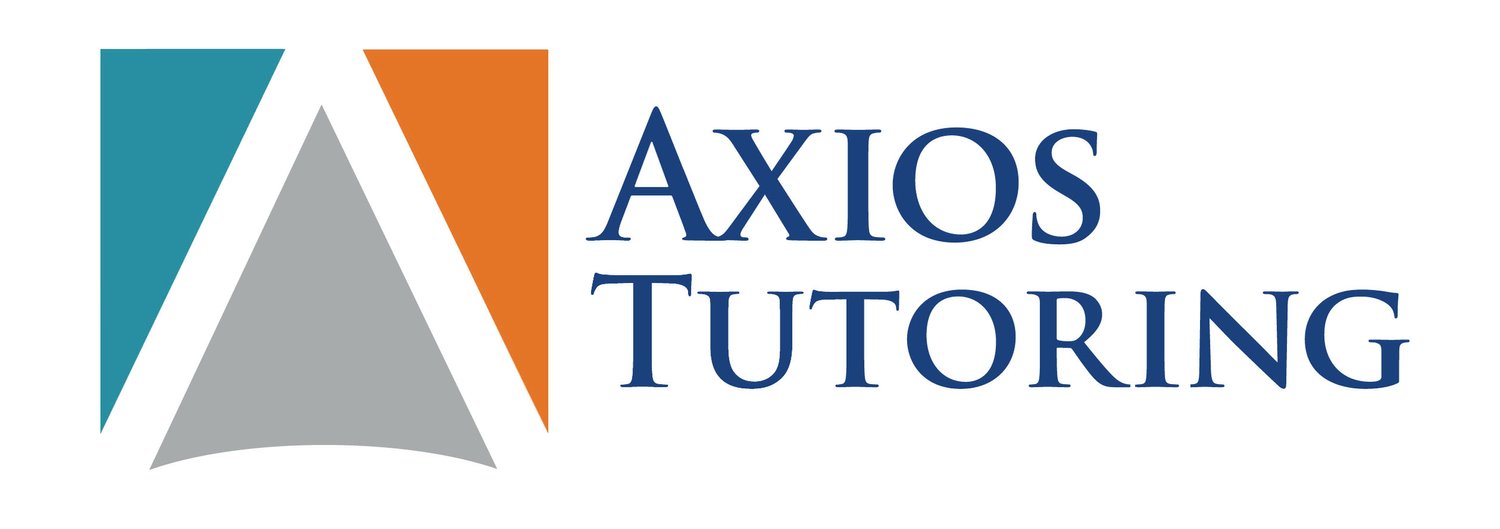Ready for College Application
The Common Application is a standardized template with text boxes and easy call to action, “Let’s get started.” The website/application is user friendly and even offers suggestions and tools to help students navigate the application.
However, the devil is in the details and that makes a big difference in how your application is received.
We wrapped up a successful College Application boot Camp last week. Students walked in ready to go with their accounts created and colleges loaded in. I, on the other hand, was waving my yellow caution flag to slow down and pump the breaks. Even though those November 1 deadlines are going to be here before we blink, my goal was to make sure that they are not going to crash and burn…from stress or sloppiness. It is important to understand the process as much as filling the boxes.
Each class meeting would start with a brief lesson describing what the admissions evaluation process looks like in relation to each part of the application. I loved watching steam rise as I challenged them for one more revision that fits 150 characters but with each iteration, the quality of the narrative improved.
Part of the beauty of a group camp such as this one is that we not only complete the task at hand, but students come away with much more knowledge and information about the process they are about to experience and feel supported along the way.
When working on your application, think about:
“What is your narrative?” Your application needs to read as a story with a theme and context.
“Prioritization and Impact” How did you choose to spend your free time? Why did you make certain activities a priority? What was your impact on the team, in the club, or during the experience? How did your presence make a difference? Tell them something that they don’t know about the activity. Hook their interest?
“I have more to say!” How to use the additional information text box appropriately? Is it necessary? Asking yourself the tough question, “So what?”
“Why Us…Why do I have to write so much?” It is called doing your research and developing a creative, thoughtful response to an often wordy or quirky question about the meaning of life or the problem with society. They want a hypothesis, followed with evidence that you know their campus culture and mission statement beyond their home page, and your own ideas! Yes, you are going to need to be vulnerable.
I spent nearly 20 years as the school counselor, and I can guarantee you it all comes together. I encourage students to ask questions, follow directions, and have personal conversations with their counselors and teachers. The first 10 days of school may be tough to get the undivided attention, but I can promise you college admission conversations are next in priority after everyone takes a seat and settles into a schedule.

